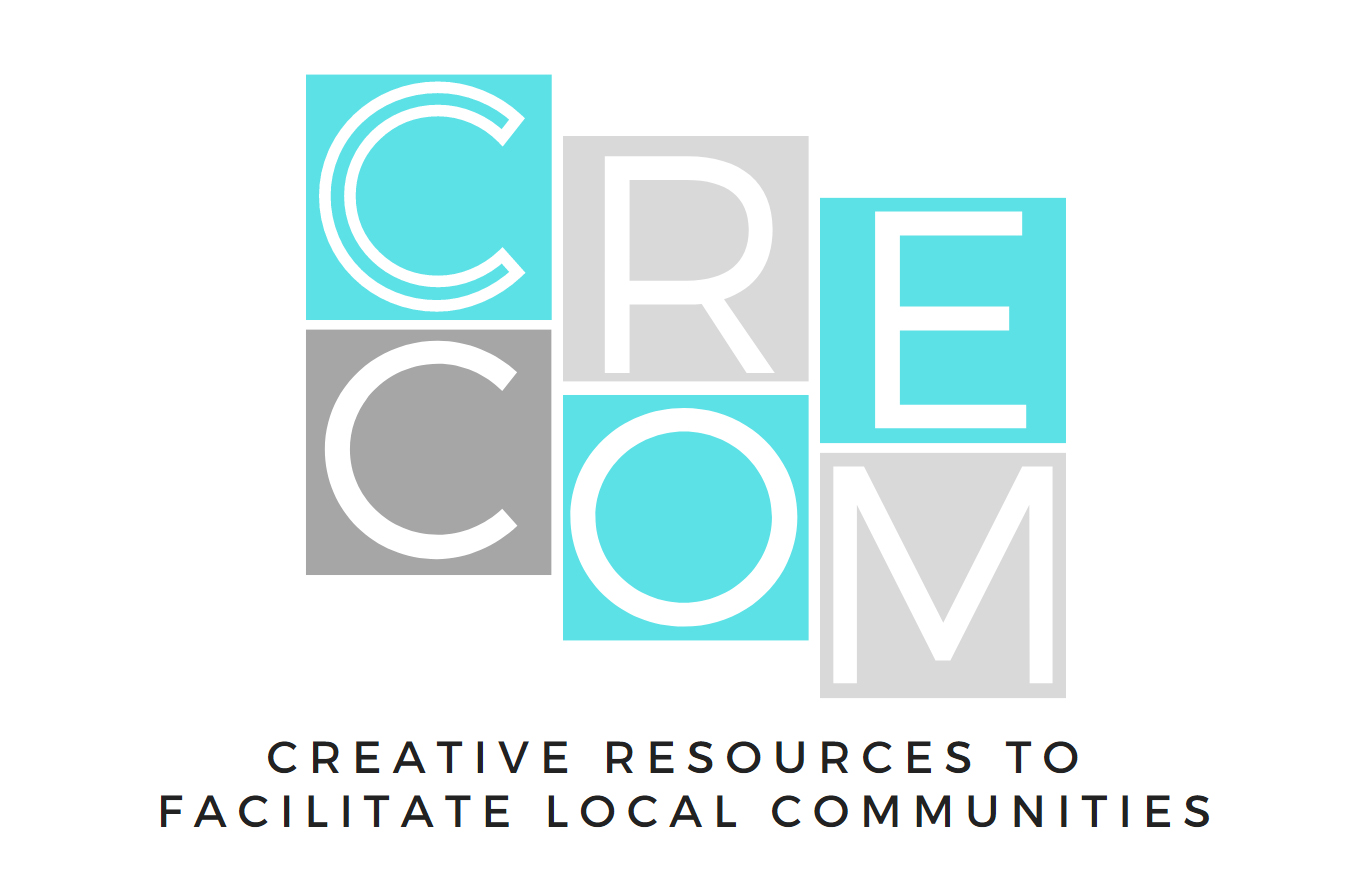Creative resources to facilitate local communities
2020-1-HU01-KA227-ADU-094070
Summary
.The starting point and background of the Cre-Com project is the social distance required due to the pandemic that broke out in early 2020 and the series of restrictive measures required for this.
In this situation, professionals and organizations that organize informal learning activities for adults have suddenly stopped their entire activities for an indefinite period of time. After a brief relief, the second wave of the epidemic made it clear that they could not expect to return to their original activities for a long time.
While formal subsystems of education have rapidly adapted to digital tools and methods and much of education has moved to virtual spaces, this shift has been much more difficult for the adult learning sector. Here, too, especially in formal training (e.g. language courses), the transition took place quickly. Still, those so-called informal learning programs, the essence of which is the coexistence and the common experience of activities and experiences, have not been found to date.
.
The reasons for this are manifold, but according to our survey, they are not to be found in the absence of digital competencies or tools but in the difficulties of transposing the nature of activities into virtual space.
All this is a problem not only because groups of people cannot expand their knowledge in this way but also because these activities are typically not only for learning purposes but also for the general well-being of the given communities and the supportive functioning of social groups. Examples of such programs are cooking clubs, where in addition to learning to prepare healthy meals with modern techniques, these events are also forms of social togetherness for participants.
In the current situation, however, with their disappearance, a vacuum has been created, which also greatly worsens the mental state of communities.
Informal learning programs are implemented in different contexts in different countries. While in many countries, these are largely the responsibility of local authorities or one of their institutions. There are regions in the EU where NGOs and, in a self-organizing way, the population set up these programs themselves. However, regardless of their implementation, in all cases, we find some organization behind the programs and most educators, adult education professionals are the direct implementers who methodologically support the programs.
Our project is aimed at these organizations and educators, program organizers. We develop an online modular training course and an action plan methodology for organizational and program development purposes.
.
The European Commission's support for the production of this publication does not constitute an endorsement of the contents, which reflect the views only of the authors, and the Commission cannot be held responsible for any use which may be made of the information contained therein.
